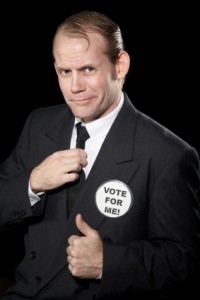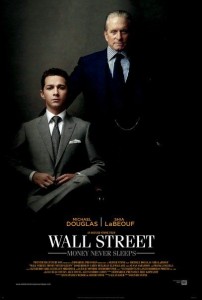
Anicius Boethius (A.D. 480-524) was a Roman Christian philosopher who lived just after its last emperor was deposed. He had progressed to the highest of political offices in Rome before being accused (falsley, he contended) of a conspiracy against the government.
While in prison awaiting his death, he wrote his classic, The Consolation of Philosophy. In discussing those things men seek to make them happy, but which are unable to confer true happiness, he comes to political office.
Boethius writes: “But it is said, when a man comes to high office, that makes him worthy of honour and respect. Surely such offices don’t have the power of planting virtue in the minds of those who hold them, do they? Or of removing vices? No: the opposite is true. More often than removing wickedness, high office brings it to light, and this is the reason why we are angry at seeing how often high office has devolved upon the most wicked of men…”
Yesterday a panel of eight members of the U.S. House of Representatives found Congressman Charles Rangel guilty on 11 counts of ethical wrongdoing. Tomorrow the full Ethics Committee will determine his punishment.
Earlier this year former representative, Eric Messa, who had resigned from Congress amid sexual harassment allegations, admitted to groping a male staffer. (The rumor is he has now applied for a job with the TSA). Before that former Senator and presidential candidate John Edwards had a love child with a female staffer while his wife was battling cancer, lied to the nation about it, and then finally came clean when the National Inquirer produced pictures.
We watch this perverse play and it is tempting to say, “All politicians are scoundrels and liars.” But as Boethius correctly noted 1,500 years ago, it’s not that all politicians are that, but that men are that, and high political office exposes them for what they are. The problem is not with politicians but with men. And only Jesus can make better men. GS




